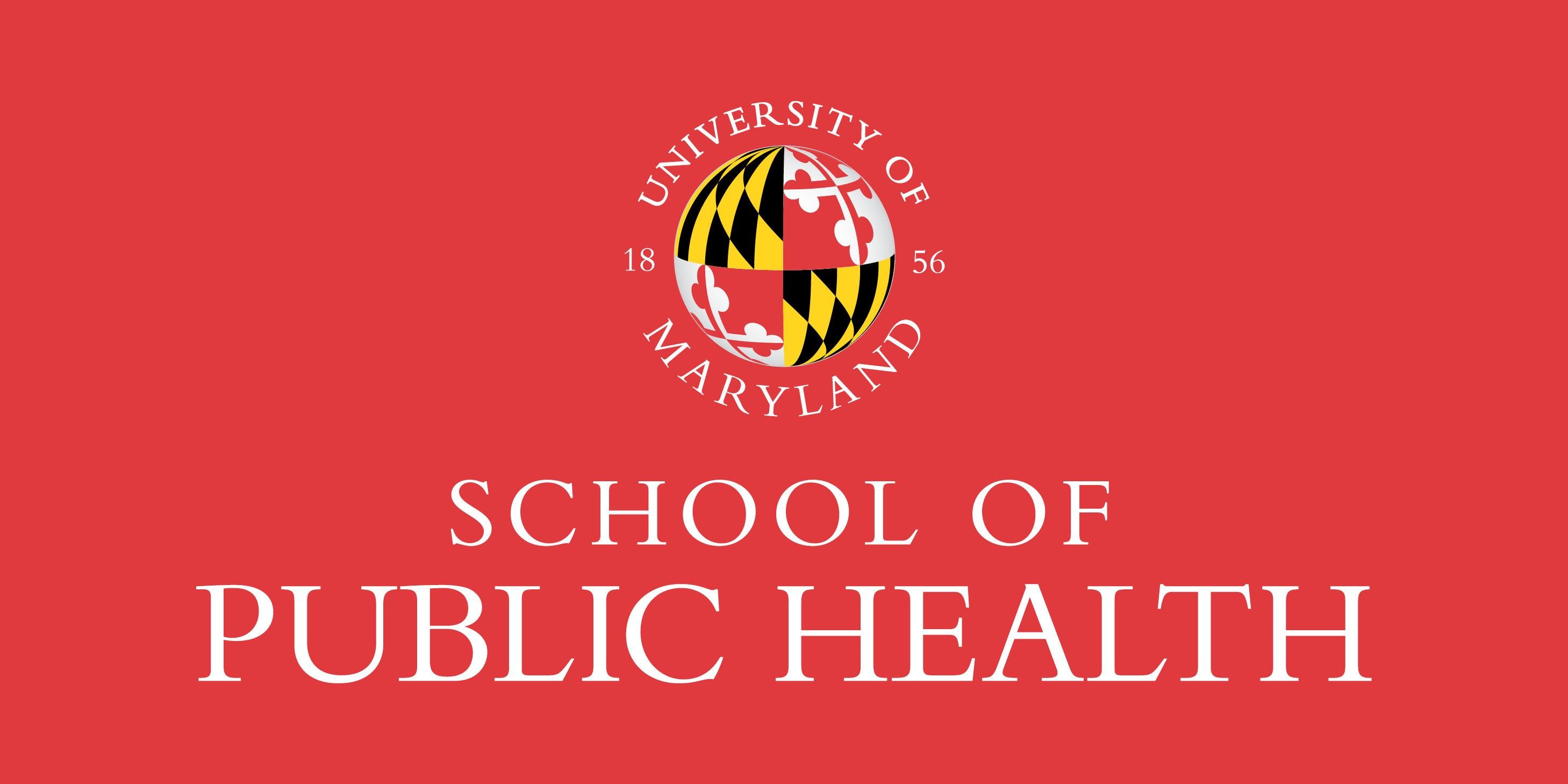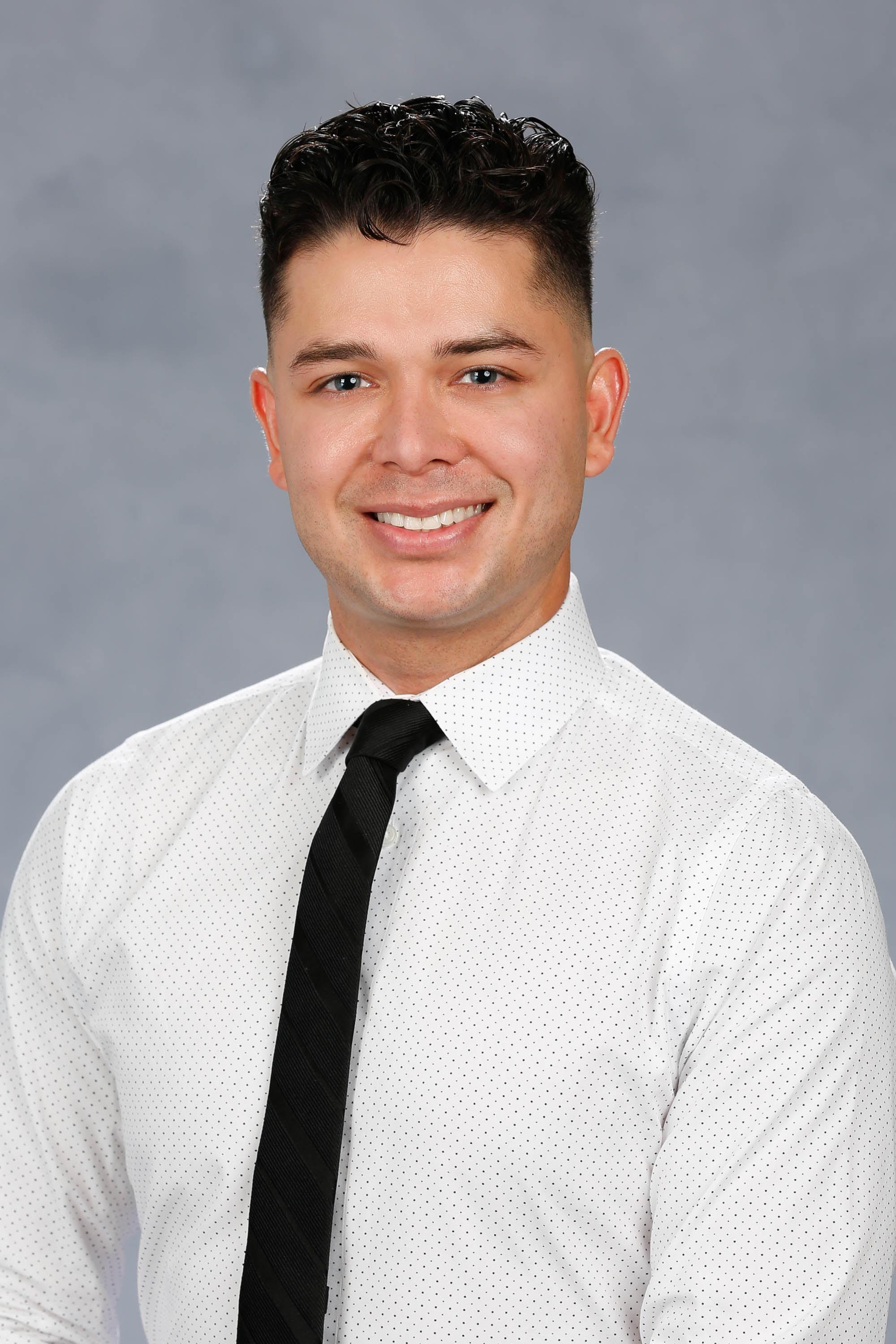

John Salerno, a PhD candidate in behavioral and community health, was one of 28 students nationwide selected to present research at the Delta Omega Honorary Society in Public Health poster session at this year’s American Public Health Association (APHA) annual meeting.
Delta Omega honorees are nominated by local chapters to present outstanding research at the APHA Delta Omega session, which will be virtual this year due to COVID-19 concerns.
Salerno’s presentation, “Feeling unsafe and threatened: An in Interpretative phenomenological analysis of the sexual health needs among lesbian and bisexual girls in foster care,” explores how lesbian and bisexual girls in foster care face unique health risks that may diverge from youth in foster care more generally.
Lesbian, gay, bisexual, transgender and queer or questioning (LGBTQ) foster youth face risks for neglect, abuse and trauma, Salerno said.
Given that sexual health has seldom been examined before with LGBTQ youth in foster care, they may lack adequate sexual health knowledge and skills, which could lead to sexual health risks, he added.
Salerno’s research specifically examined how lesbian and bisexual female foster youth perceive, interpret and experience their sexual health needs.
He discovered four main themes from the analysis: fear of being victimized, distrust within and beyond relationships, self-protection from harm and opportunities for education and communication.
Salerno will present his research during the event’s first session on Oct. 26 (from 3:00-4:00 pm). He hopes that his presentation will demonstrate how LGBTQ youth in foster care are likely a “very vulnerable population as a result of previous sexual and non-sexual victimization experiences”
The likelihood of experiencing trauma and sexual and mental health challenges is unique for LGBTQ in foster care due to their sexual and gender identities. Unfortunately, they are often pushed to the margin and socially excluded by the foster care system, he explained.
“Systems-involved LGBTQ youth are often invisible because government systems fail to collect important identity information,” Salerno said. “Thus, not only are the proportions of LGBTQ youth in foster care often unknown but also their unique needs and vulnerabilities.”
He said there is still a lot to learn about LGBTQ foster care youth and their sexual and mental health needs, which is why more discourse and greater intention to be socially inclusive of LGBTQ youth in foster care are vital.
Researchers should “move beyond simply collecting demographic information and conducting secondary analyses in order to more meaningfully impact these vulnerable populations.”
He encourages future researchers to center the design of their research studies around the needs of LGBTQ youth in foster care specifically.
Salerno will present his research poster on Monday, Oct. 26, 2020, from 3:00–4:00 PM ET. To learn more about his research, visit the APHA website and the UMD Prevention Research Center (UMD-PRC) website.